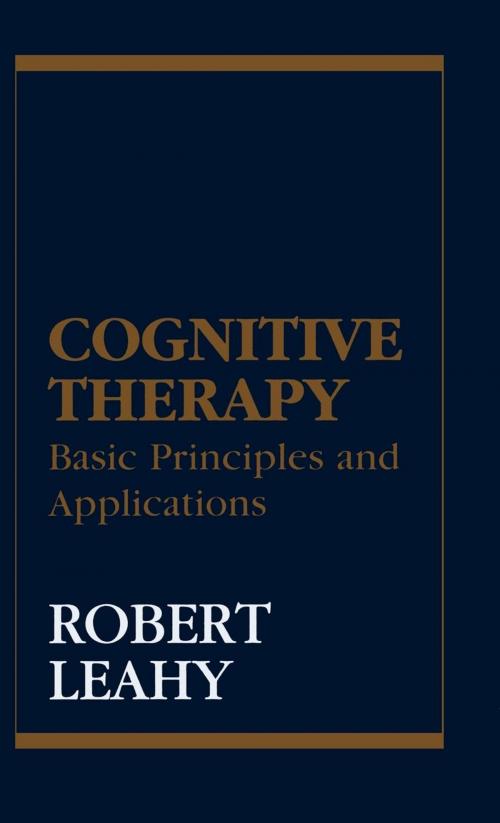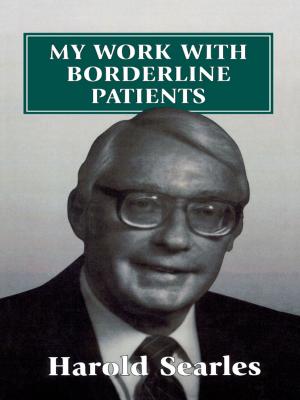Cognitive Therapy
Basic Principles and Applications
Nonfiction, Health & Well Being, Psychology, Applied Psychology, Cognitive Psychology| Author: | Robert L. Leahy | ISBN: | 9781461627869 |
| Publisher: | Jason Aronson, Inc. | Publication: | December 1, 1996 |
| Imprint: | Jason Aronson, Inc. | Language: | English |
| Author: | Robert L. Leahy |
| ISBN: | 9781461627869 |
| Publisher: | Jason Aronson, Inc. |
| Publication: | December 1, 1996 |
| Imprint: | Jason Aronson, Inc. |
| Language: | English |
Today, under pressure from managed care companies as well as from patients who are demanding briefer and more focused treatments, therapists are creatively combining cognitive and psychodynamic approaches and obtaining unprecedented therapeutic results.
In this volume, Robert Leahy describes Aaron Beck's seminal model of depression, anxiety, anger, and relationship conflict and shows how each of these problems is handled by the cognitive therapist in the context of an interactive therapeutic relationship. Leahy demonstrates how uncovering resistance to change and using the therapeutic relationship enhances recovery and promotes rapid change. With concrete examples he shows how to implement all of the basic cognitive techniques, including:
—activity scheduling
—graded task assignments
—exposure hierarchies
—response prevention
—challenging underlying schemas
—thought monitoring
Drawing from cognitive and dynamic orientations and taking into account the complexity of countertransference and resistance, this book is for today's clinicians who, rather than being wedded to a specific approach, are committed to a quick and successful therapeutic outcome.
A Jason Aronson Book
Today, under pressure from managed care companies as well as from patients who are demanding briefer and more focused treatments, therapists are creatively combining cognitive and psychodynamic approaches and obtaining unprecedented therapeutic results.
In this volume, Robert Leahy describes Aaron Beck's seminal model of depression, anxiety, anger, and relationship conflict and shows how each of these problems is handled by the cognitive therapist in the context of an interactive therapeutic relationship. Leahy demonstrates how uncovering resistance to change and using the therapeutic relationship enhances recovery and promotes rapid change. With concrete examples he shows how to implement all of the basic cognitive techniques, including:
—activity scheduling
—graded task assignments
—exposure hierarchies
—response prevention
—challenging underlying schemas
—thought monitoring
Drawing from cognitive and dynamic orientations and taking into account the complexity of countertransference and resistance, this book is for today's clinicians who, rather than being wedded to a specific approach, are committed to a quick and successful therapeutic outcome.
A Jason Aronson Book















